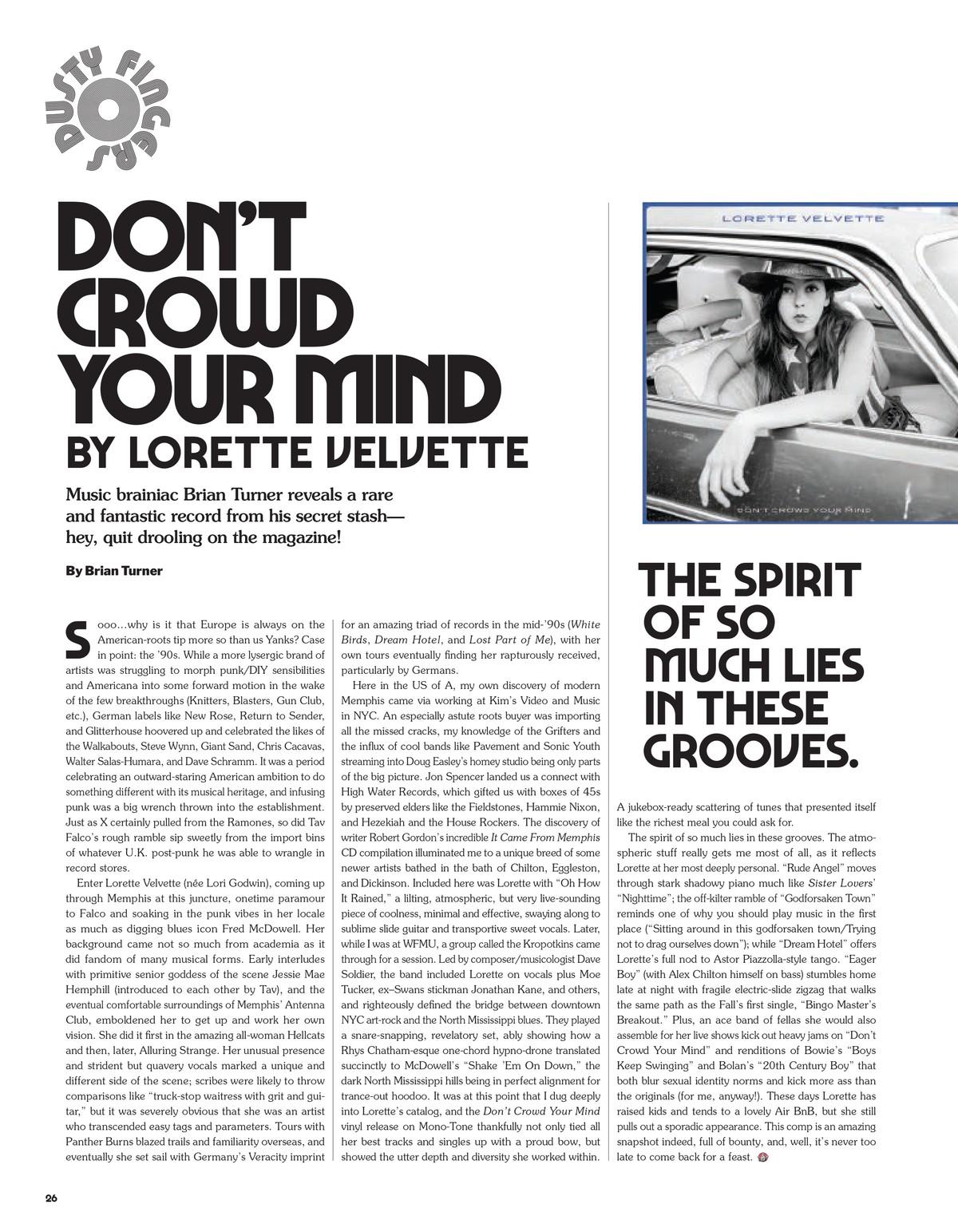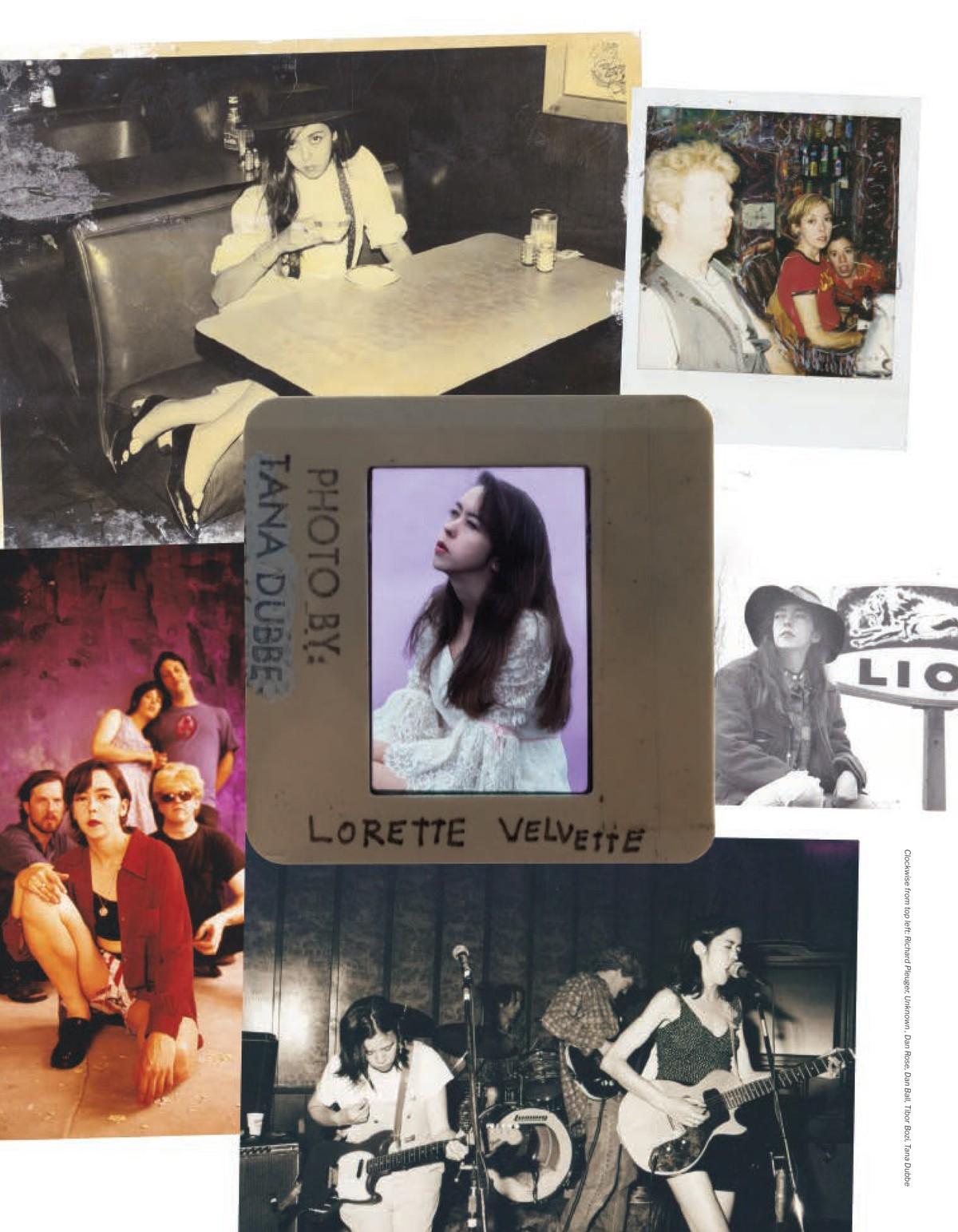Dusty Fingers
DON’T CROWD YOUR MIND
Music brainiac Brian Turner reveals a rare and fantastic record from his secret stash— hey, quit drooling on the magazine!
December 1, 2022


Loading...

Music brainiac Brian Turner reveals a rare and fantastic record from his secret stash— hey, quit drooling on the magazine!


Loading...